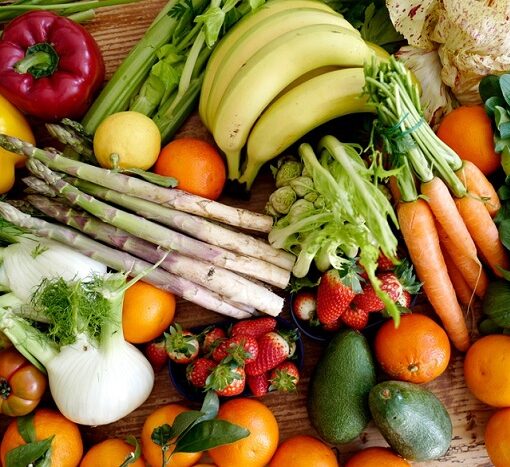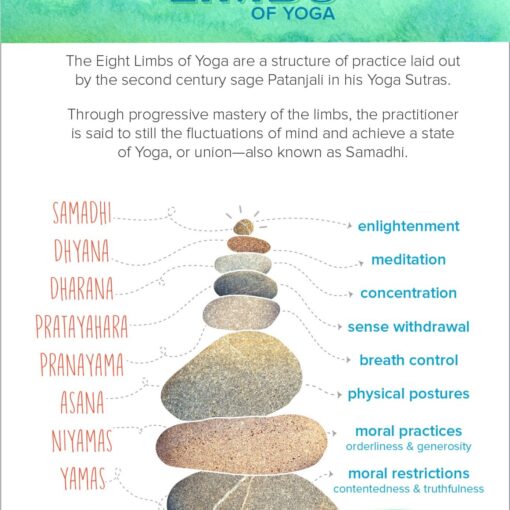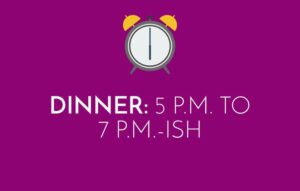
In one study, researchers asked 29 men to cut themselves off from the kitchen at 7 p.m. for two weeks and then eat whenever they wanted to for another two weeks. The study authors found that the guys ended up eating 244 fewer calories each day when they stopped eating after the cutoff. These results are probably caused by the fact that people often snack after dinner, not because the guys ate dinner any earlier.
Another recent study found that when people who usually ate a third of their calories between 6 p.m. and midnight switched to a schedule where they stopped eating between 7 p.m. and 9 a.m., they lost weight and slept better. Again, it’s not so much the time they ate dinner that mattered as much as eliminating post-dinner snacking. So if you have to eat at 8 p.m., don’t freak out, just make sure you’re not still making trips to the fridge after.
The bottom line, this timeline might help make your weight loss journey easier, but if you don’t hit these deadlines every day, you’re not doomed. The most important thing is that you are eating a healthy diet rich in fruits, vegetables, and other whole, nutrient-rich foods, and that you’re listening to your hunger cues. You should be eating when you are hungry, but not ravenous, and you should be stopping when you are satisfied, but not completely full or still hungry.
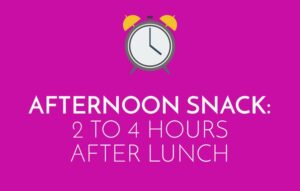
Like your mid-morning snack, an afternoon snack two to four hours after lunch keeps your blood sugar levels stable and prevents overeating at dinnertime.
Those who snacked in the afternoon tended to eat significantly more fruits and vegetables throughout the course of the day compared to non-afternoon snackers. And that bodes well for your weight-loss efforts, that increased fruits and veggie intake that is tightly linked with healthier weights.
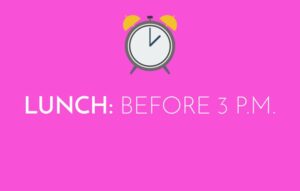
Roughly 1,300 dieters over the course of 28 weeks who ate earlier lunches had more success dropping pounds. While this was only the case in people with a specific genotype, and most of us aren’t getting tested for it, the finding’s are in line with a previous study. Dieters lost about 25 percent less weight if they ate the bulk of their calories after 3 p.m.
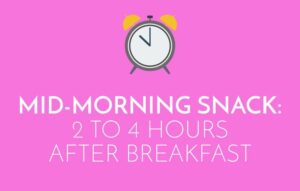
While a morning snack is certainly not mandatory, especially if your breakfast is really heavy or you don’t eat until 9:45 a.m. It’s important to remember that your body takes between two and four hours to digest and absorb the food you eat, after that, you’re fasting.
Sticking to that window of time between breakfast and your snack will help you keep your energy levels topped off and prevent a dip in your blood sugar, and that will keep you from going HAM at lunch. If you’re looking for healthy snack options, dieters who ate a handful of almonds for a mid-morning snack wound up eating fewer calories over the course of the day.
Still, it’s important to only eat a mid-morning snack when you’re legit hungry, otherwise, you could wind up overdoing your calorie intake.

